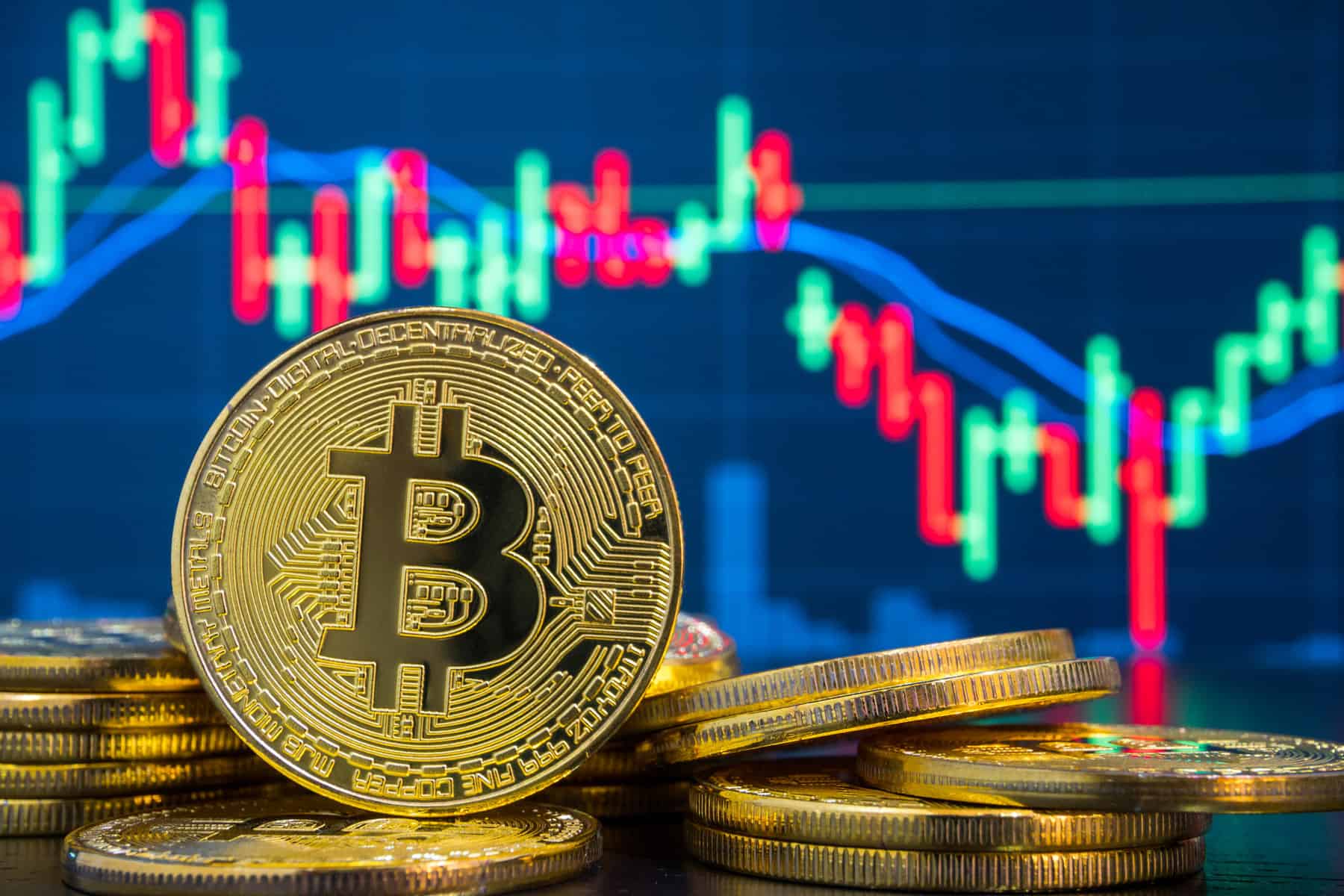The Financial Sector Conduct Authority (FSCA) of South Africa has raised alarm on the public involvement in MMM Krypto, a mutual aid fund, citing potential risks.
The FSCA reveals that MMM Krypto might be offering financial services to the South African public through social media platforms like YouTube, TikTok, and Facebook, accompanied by enticing promises of monthly returns ranging from 24% to 36%. The regulatory body expresses concern about the unrealistic returns presented by MMM Krypto and stresses that any entity providing financial products or services in South Africa must obtain authorization from the FSCA.
Read also: Fintech and Edtech investments dominate South African venture capital
Referral to National Consumer Commission
MMM Krypto, allegedly a rebranded version of the notorious Ponzi scheme MMM, lacks the necessary licensing under South African financial laws. The FSCA has referred MMM Krypto to the National Consumer Commission for further investigation. Emphasizing the importance of public diligence, the FSCA urges individuals to verify the authorization of entities offering financial services and to exercise caution when engaging with investment schemes.
MMM Global’s Resurgence as MMM Krypto
Originating in the 1990s in Russia, MMM Global gained infamy as a global financial scheme operating in 110 countries. Renowned for its pyramid structure and enticing promises of high returns, MMM Global faced legal scrutiny and controversies. Despite its closure after the death of founder Sergei Mavrodi in 2018, the scheme has resurfaced as MMM Krypto.
South Africa (2015-2016)
MMM Global entered South Africa in 2015, offering a 30% monthly return. The National Consumer Commission identified it as a potential pyramid scheme, leading to frozen accounts and subsequent economic losses for participants.
Nigeria (2015-2017)
In Nigeria, MMM targeted the unemployed, amassing 2.4 million participants by late 2016. Accounts were frozen in December 2016, causing panic and official warnings.
Zimbabwe (2015-2016)
MMM operated in Zimbabwe, offering a 30% monthly return. The Reserve Bank’s warning triggered frozen accounts and economic instability.
China (2013-2016)
China experienced the rise and fall of MMM, leading to a government ban in January 2016 due to its identification as a pyramid scheme.
Ghana (2016)
MMM extended its reach to West Africa, entering the Ghanaian financial landscape in 2016.
Kenya (2016-2017)
In Kenya, MMM offered a 30% monthly interest rate, leading to warnings from the Central Bank in 2016 and 2017.
Brazil (2015)
MMM established itself in Brazil, enticing participants with a lofty 50% monthly interest rate.
Other Countries (2016)
MMM operated in various countries, including India, Thailand, Philippines, Japan, Australia, Turkey, and Indonesia, until 2016.
MMM Global’s Rebranding: The Birth of MMM Krypto
MMM Krypto emerges as a reincarnation of MMM Global, operating under a new guise with enticing promises of monthly returns ranging from 24% to 36%. The FSCA’s warning highlights concerns about the scheme’s operations in South Africa and stresses the need for proper authorization from regulatory authorities.
MMM Krypto’s recent event in Durban, South Africa, where it lured investors with promises of 30% monthly returns, has raised alarms. The FSCA advises the public to exercise caution, verify the licensing status of entities offering financial products, and scrutinize the advice a license authorizes a financial services provider to offer. Warning signs on MMM Krypto’s website align with common characteristics associated with cryptocurrency scams, including sloppy design and security concerns.
The Unfolding Scenario and Future Implications
As MMM Krypto follows in the footsteps of its predecessor, MMM Global, the allure of fast money and the lack of cryptocurrency regulation create a fertile ground for such schemes. The cycle of enticing promises, financial instability, and rebranding persists.
While critics emphasise the unreliability of Ponzi schemes, some participants view them as a gamble or a form of mutual aid. The MMM saga, now embodied in MMM Krypto, unfolds against a backdrop of historical controversies, legal troubles, and the ongoing tug-of-war between regulatory bodies and financial schemes exploiting vulnerabilities. As the MMM story evolves, anticipation builds for further chapters in the complex narrative of financial schemes and their enduring impact on global economies.
















